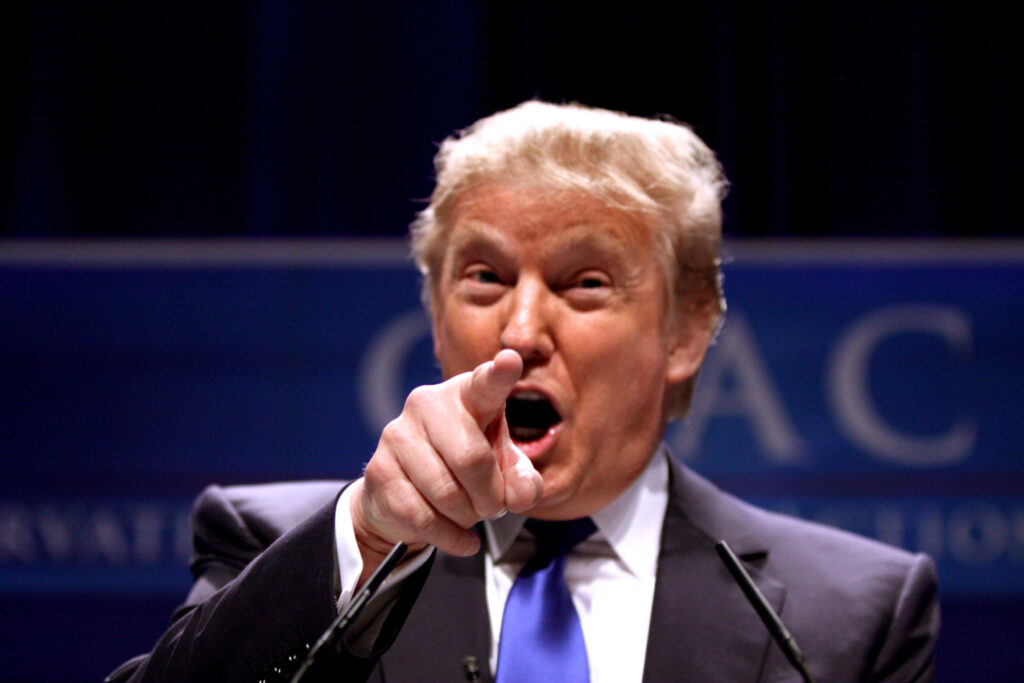The future of marketing is fascinating for those of us who make a living in the industry.
Yet equally profound is the impact that the factors highlighted – marketing to technology, cyborg, business-to-chip, the death of verbal communication and AV advertising – will have on communications ‘product’ design itself. The impact of marketing, after all, often goes beyond its intended aim of increasing uptake to change the world in which we live.
The one trend that stood out to me as having a significant wider impact was that of the evolution of marketing to become business-to-chip:
“B2C becomes Business-to-Chip – marketers will stop marketing to the end consumer but to the processor chip inside each of us that marries what we want with what is on the market, what is best for us and what we can afford. In other words, B2C marketing becomes Business–to-Chip marketing. The consumer is no longer the decision maker.”
The opportunities offered by this trend are obvious in sectors where delivery of a highly specialised communications ‘product’ to consumers would benefit organisations.
A feature of the Trump campaign during the Republican Primary in the USA, for example, was a desire to signal to disaffected blue collar workers in America’s rust belt at the expense of other voters; divisive policy proposals such as the proposed wall between US and Mexico polarised opinion about Trump. If some voters loved them, they ensured that others would do all they could to prevent a Trump Presidency in 2016.
Such trade-offs have traditionally been fundamental to policy debates in mature democracies (whatever politicians would have us believe). But in a world where chips can deliver communications messages for us, why not simply deliver policy proposals to voters à la carte? Or put another way, why not just deliver policies to the people that will support it and not to those that will hate it?
To use a crude example from Trump’s campaign – why use a high-profile speech to announce the Mexican wall to the world when all the benefits can come from human-integrated processor chips highlighting it to concerned voters only. Better yet, why not allow those chips to choose between policy options to decide on the most effective based on their knowledge of their human host?
To a certain extent, this trend is already underway in public policy; you probably won’t see detail about pension policy reform on your Facebook feed but you might on the websites of certain newspapers. But politics is well-watched by a plethora of cynical hacks and concerned citizens; in a world where humans no longer interact, it will probably be the last to continue without scrutiny. Hiding a policy of a giant border wall during a Presidential contest remains (for the moment) mercifully unlikely.
This is less true, however, in sub-sectors where independent scrutiny is less easily delivered. A computer might quite easily decide on litter collection policy or on where and how police are deployed. The question, of course, is does any of this matter?
Image credit: Gage Skidmore on Flickr.





